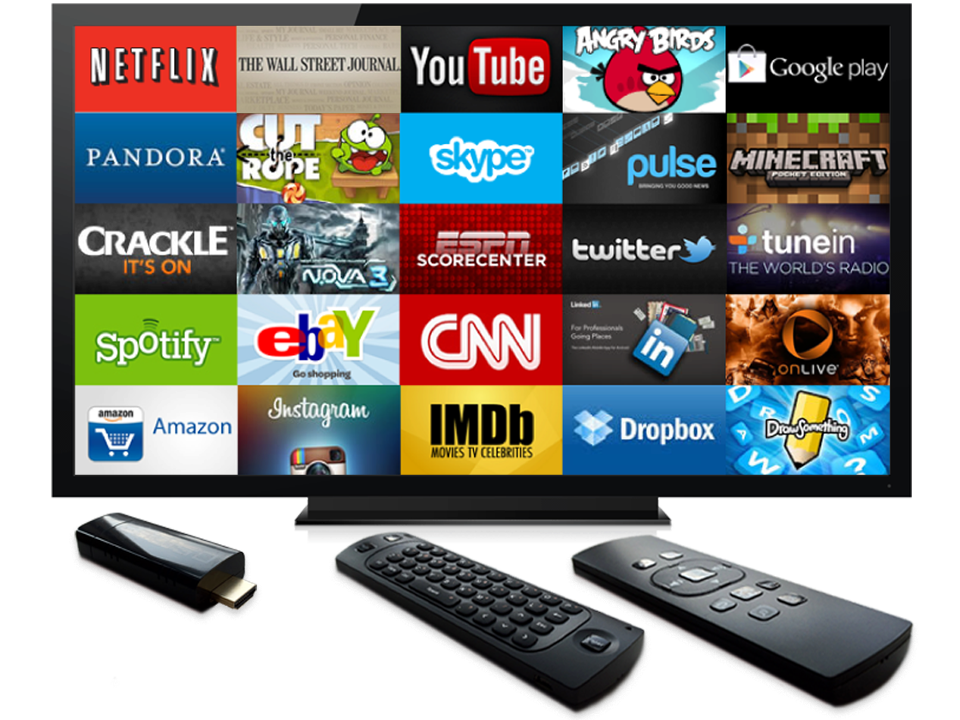Google’s Chromebook is a web-only device that looks like a laptop but acts like a web browser… I'm sure you've seen ads for them - they've been blitzing the airwaves and magazine ads with their $249 laptop.
Several other companies besides Google manufacture them, but to say they haven’t taken off would be an understatement. They're actually kind of cool, but I think they're ahead of their time by a couple of years.
I signed up for one of the early pre-production Chromebooks, the Cr-48, and used it for a couple of months. But since everything it does is on the web, there was no off-line access, and useful software was rather sparse at the time, I wasn’t able to use it for much other than browsing and Google Apps.
Recently, there have been some upgrades to make it more useful, but I still couldn't easily get it to run a VDI client to connect to work, so it just sat on a shelf getting periodic software upgrades and not doing much else.
That is until a couple of weeks ago. Jay Lee ported a version of Ubuntu to the Chromebook that he calls ChrUbuntu.
I loaded it on the Cr-48 and it works great. I did upgrade the SSD to 64GB from the 16GB that it came with it, and burned a new BIOS. Performance is just fine - Linux doesn't need much - and it makes a fine laptop...
I think if I were in the market for a new laptop today, I'd get one of the inexpensive Chromebooks and load Ubuntu on it...
Would you use a "browser only" PC? How cheap would it have to be to entice you?







